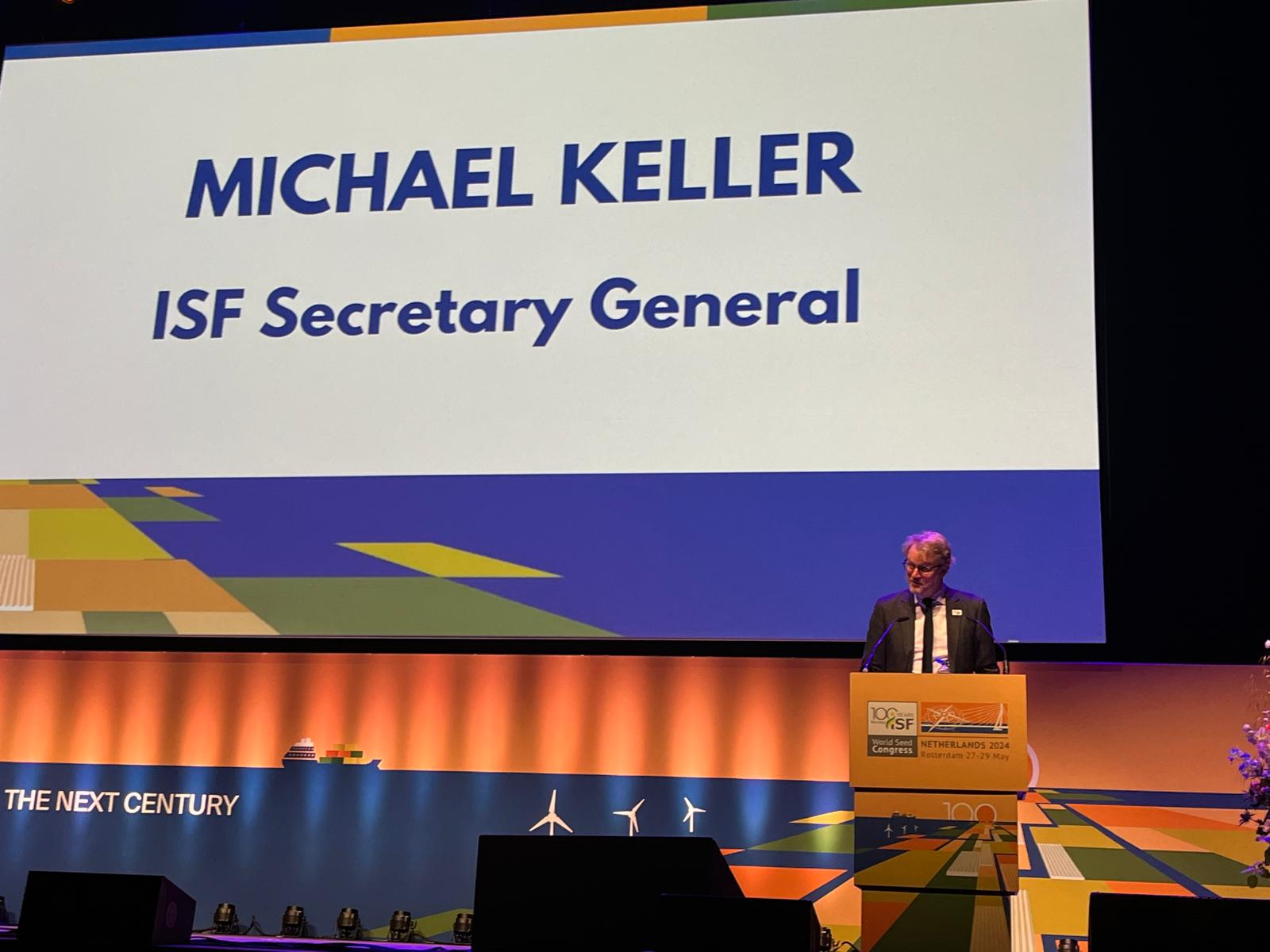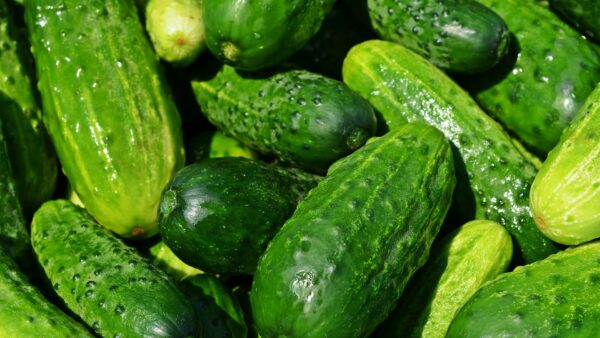One of the highlights of today’s World Seed Congress sessions was “Whither the seed? The seed sector in a polarized and fragmented world”
Global debates about sustainable or regenerative agriculture and food systems transformation – and private sector involvement in both topics – are increasing seemingly exponentially. Yet, the conversations are increasingly polarized with producers pitted against consumers, food sovereignty advocates versus corporate giants, global versus local, etc. The reality, of course, is much more complex and nuanced. In this session, the speakers outlined how the seed sector, acting in its position as a ‘middle ground’ player, provides solutions that are grounded in science and, arguably, offers pathways out of often unproductive discussions. Speakers included Hans Hoogeven, Independent Chair, FAO; Robynne Anderson, CEO, Emerging Ag; Michael Hoevel, Founder & Director, Marchmont Communications; and Michael Keller, ISF Secretary General. The session was moderated by Jean-Paul Judson.
The seed industry faces challenges in shaping public opinion and driving sustainability goals. Speakers discussed the importance of honesty, collaboration and the private sector’s responsibility in achieving these goals. They also explored ways to enhance the global reputation of the sector, including being proactive in addressing concerns, taking a unified approach and investing in startups and youth involvement. The principal discussion centered around the need for the sector to take a more active role in driving change and addressing controversies to improve its reputation.
Highlights of the speakers statements:
“The added value of the seed sector is the highest when it comes to food security, when it comes to agriculture.” Hans Hoogeveen, FAO independent chair
“If the seed is not right, the harvest will never be right. There is nothing more diverse than the seed sector. Also, some of the crops we are working on in the private sector, there’s nothing more diverse to the whole value chain. But the narrative and engagement, we don’t have it at that level and there’s where we need to work.” Michael Hoevel, Marchmont Communications managing director
“The big actors get so much of the attention … but there are all these thousands of family-based companies and smaller actors who are doing all sorts of extraordinary things.” Robynne Anderson, EmergingAg CEO
On innovation in communicating polarizing messages:
“I talk a lot about the difference between inside-out communications and outside-in communications. And the instinct for an organization is to have inside-out communication, which is, what do we care about? What products or services do we have that we want to try to get other people to also care about or engage with. It’s a natural instinct, and it’s not necessarily a wrong one. But it needs to be balanced with outside in communication, and that is what where are our audiences now? Are they even aware of the issue? Do they understand it? Do they support it? If it’s not those three things? they’re not going to take action to be aligned with you?
What are the issues that they care about? What are safe, low hanging fruit areas where there’s common interest so that we don’t have to immediately get into a polarized debate, where we can start the conversation in the middle ground in a way that advances us a bit so it’s not walking before running kind of instinct, so outside-in communication, alongside the inside-out.” Michael Keller, ISF Secretary General












